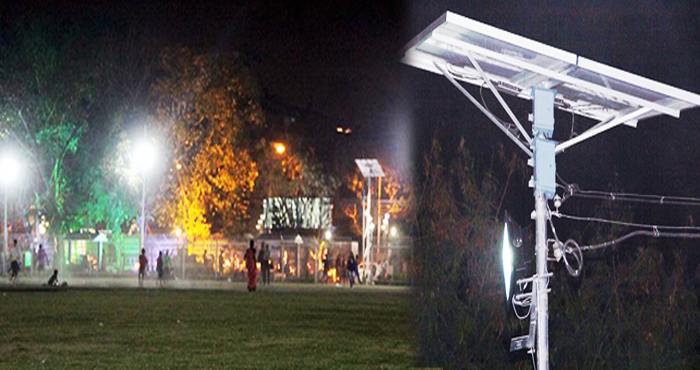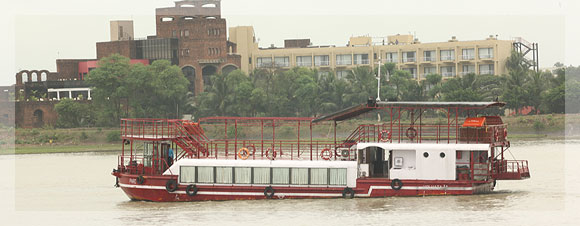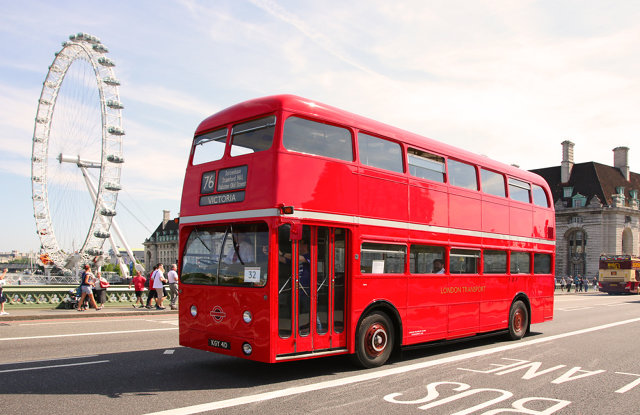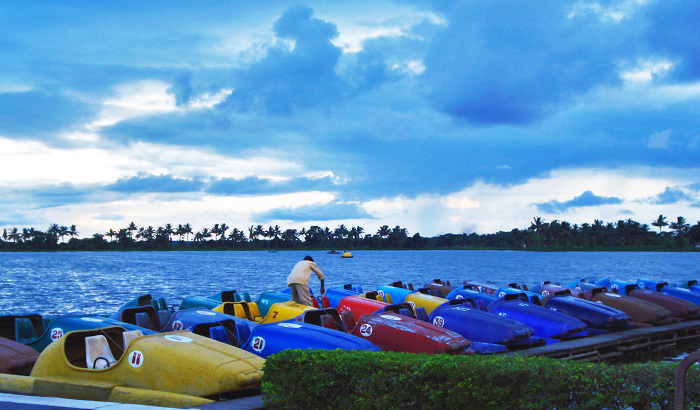The City of Joy is poised to become the first city in the country to have its public parks illuminated by an automated carbon-neutral solar lighting system, reducing the carbon footprint and electricity bills.
The new automated solar lighting system, first installed at Deshapriya Park on a trial basis, would now be extended to 28 other parks by the Kolkata Municipal Corporation, the custodian of the parks.
The unique part in this solar lighting system is that it is battery-less and connected with the power grid. An automatic control system has been put in place and the lights will be switched on automatically after evening and switched off in the morning.
The pilot project began earlier this year with Deshapriya Park where they have installed 50 solar electric posts having 180 Watt solar panels with LED lights. Earlier the electricity bill used to be Rs 17,000, but now it has come down drastically to less than Rs 2,000. That is 90 per cent savings. With this technology parks can be made 95 per cent carbon-neutral.
Parks under consideration for the project include prominent ones like Md Ali Park, College Square, Maddox Square and Subhas Sarobar Park.
When implemented, the project would result in monthly savings of lakhs of rupees in electricity bills, KMC MMIC Debashis Kumar said.
The system would also be useful for deployment in street lighting system as well as those on highways.




